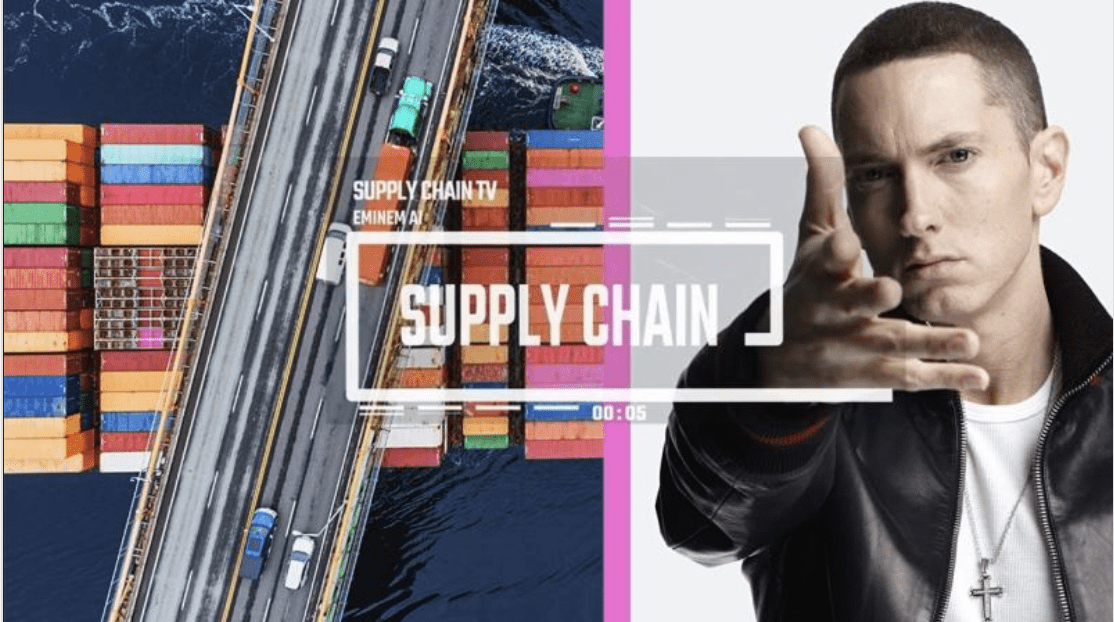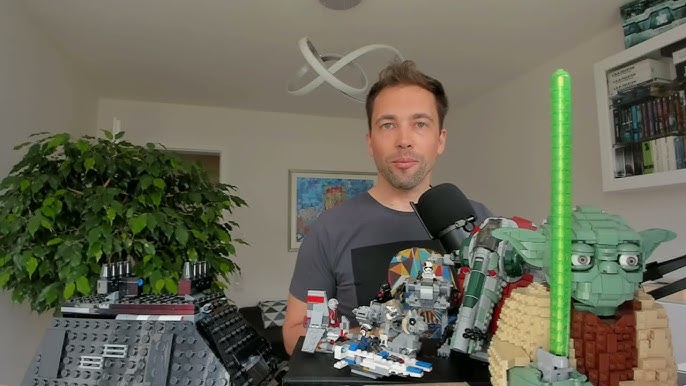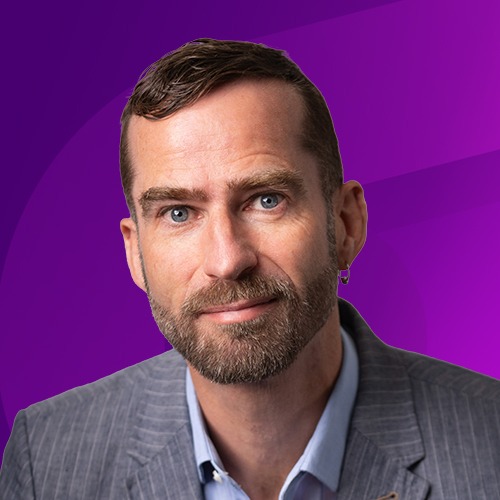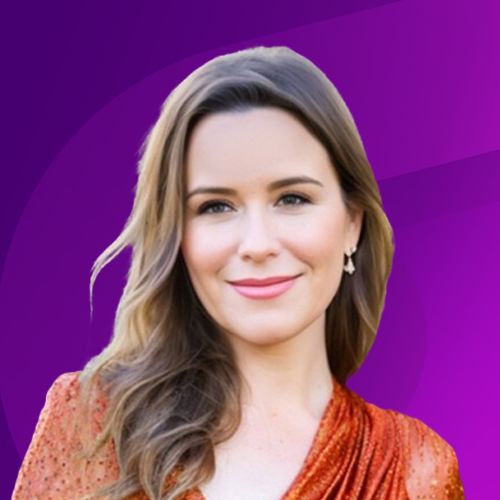In today’s fast-paced business world, being adaptable is a must for a company’s success. iluminr’s ‘Gamechangers in Resilience’ interview series shines a spotlight on influential leaders who are masters of resilience, whether in the workplace or within their communities.
These exceptional individuals not only help their teams and organizations thrive during turbulent times but also serve as inspiring role models through their own actions. iluminr acknowledges their accomplishments, shares their stories, and celebrates their unwavering dedication to success, even in the face of daunting challenges.
Ulf Venne leads the Global Center of Excellence for Everstream Analytics and previously served as Regional Sales Manager for EMEA & APAC. Over the past 10 years, Ulf Venne has been instrumental in raising awareness of supply chain risk management and helping clients improve their supply chain resilience and agility. He has authored and published multiple articles and white papers on resilience, agility and sustainability tools and methodologies in numerous books and magazines and was recognized as a 2023 Supply Chain Pro-to-Know.
Ulf Venne is a regular conference speaker and workshop moderator and shares insightful content on LinkedIn, Tiktok, and Youtube.
Before joining Everstream Analytics, Ulf Venne worked operationally as a supply chain operations lead in the telecom industry, where he received multiple awards for supply chain excellence. Ulf Venne holds a Magister Artium degree in Sinology (Chinese culture and language) and Economics from the Friedrich-Alexander University of Erlangen-Nuremberg in Germany.
Q: Ulf, please share your background in the field of supply chain resilience. What drew you to this field, and what key lessons have you learned along the way?
Ulf: I worked in operations for a telecommunications company and within a couple of years I had to manage supply into Germany during the Ashcloud, Fukushima, Flood in Thailand and a couple of other disasters while our company faced enormous growth and we scaled our supply chain on the fly. It was a very intense period. Our very process oriented German customers forced my company to start a resilience program and I had the honor of leading the implementation in 2012.
In 2013 there was a huge flood in Germany that blocked our access to material and believe it or not, our resilience program actually worked! We got a customer award from a major telecommunication operator for our efforts back then. In the end it came down to knowing where your supply chain is and acting quickly once you know what happened.
I coped quite well with these situations, but saw others struggle, hence I wanted to work on building a system that enables anybody to perform well and not feel too much pressure coming from things that are happening way to often these days.
Q: You’ve taken a unique approach to supply chain management by making it fun and relatable. How do you incorporate humor and creativity into your work, and what inspired you to take this approach?
Ulf: I love being creative and COVID put a grinding halt to a lot of things I did in the past like playing in bands. I never made videos and it’s always good to explore something new. After doing a couple of videos I got good feedback internally from my company and also externally and so I did another one and another one… Well, now I nearly have uploaded 100 videos. I don’t really have a process of making these videos, most of the time these are ideas that come into my mind in the middle of the night or in the first 10 minutes after I wake up, probably because it’s the only time in the day I have to think about it.
When it comes to inspiration, live and breathe internet meme culture from the early days of its existence. “I love the moon” is an all-time classic for me, although most people probably don’t even know what this is.
Q: How do you see the role of humor and relatability in attracting new talent to the supply chain field?
Ulf: The reason I still upload is exactly this. Everyone was talking about the challenge of acquiring talent to supply chain management, but I didn’t feel anyone tried to do something about it. It’s about talking with young talent and not about young talent, my videos are always trying to make our work relatable, and it seems to work every once in a while.
I really got some very nice heartfelt messages and I am so grateful for everyone I see. The irony is one of my worst performing videos by all matrices seems to have resonated the most with the younger generation. Pokemon vs. Supply Chain Disruption has attracted the most talent based on the feedback I got.
Q: Throughout your career, you’ve had roles working with customers, working closely with innovation teams, as well as operational aspects of supply chain management. How does your unique combination of skills and experiences influence your approach for supply chain resilience?
Ulf: All that it means is: I am continuously learning new things. Working with customers really helped me learn about the importance of driving change and especially how to do it better. Working with innovation teams taught me that failing is part of the process.
Operations was very important to learn the fundamentals of the craft and it is where I draw my passion from. I have worked in planning, order management, logistics, and have led a sourcing team,
I feel I can always relate to the person I am talking to, which makes for more interesting conversations for both sides.
Q: What advice would you give to fellow supply chain professionals looking to inject a sense of fun and creativity into their work, even in traditionally serious or complex industries?
Ulf: With work from home getting more prevalent the boundaries between private and work life are getting more fluent as well. I can’t even remember when I saw the last time somebody wore a tie.
There still is a thin line between being funny and being overboard, but it is worth exploring that as good humor can alleviate situations that might look dire in the moment.
In supply chain there most of the time is a creative solution to still get the job done, which is one of the many reasons I find this field so interesting. Humor helps to take a step back and think about a new solution once again from scratch. So my advice is: Just go for it.
Q: Can you share a specific initiative that embodies your dedication to making supply chain management more relatable, and how it positively impacted the organization or the industry?
Ulf: Admittedly my very first video was made because I was locked up at home during COVID and was looking for some external validation. But it was the same time, that LinkedIn was full of messages saying we do not have enough talent in supply chain management.
I am not a big fan of just talking about a problem, I rather go and do something about it. I felt strongly about creating content that mixes pop-culture and supply chain topics. This is the core idea of my “supply chain though memes” video series.
One video alone Pokemon vs. Supply Chain Disruptions has inspired a lot of young professionals to start a career in supply chain management, as they hit me up after accepting their first job. While I have developed several concepts around supply chain risk management, that for lots of companies are now a standard practice in their daily doing, I believe getting a couple of new talents into supply chain management was my biggest success.
The unfortunate part is, I find it very difficult to stop now.
Q: You are a gamer and you often talk about the role of gamification in building more resilient supply chains. How do teams get started with gamification in this context?
Ulf: That’s easy! The three core rules for solving any crisis with flying colors are: practice, practice, and practice.
If you are looking to solve for a specific risk (e.g. cyber-attack), it is good to leverage a concrete case and test your expertise on it. This is also where iluminr really shines for me!
However, if you want to streamline your process it is better to take a step back from a concrete scenario and do something different. “You are on a spaceship and an enemy battle cruiser pops up in front of you…” is a good way to start gamification in supply chain risk management to modulate your processes.
Q: Who is your favorite Star Wars character? Can you draw parallels between the resilience of your favorite Star Wars character and the strategies or qualities needed to ensure a resilient and robust supply chain?
Ulf: From the very beginning, I was a big Han Solo fan. What he really has is a great mental resilience stemming from his overly high amount of confidence in himself. He makes for a great firefighter and solution finder; you can throw him in any crisis, and he is able to prevail with a smile on his face. However, because he can do that, he doesn’t plan a whole lot and shoots from the hip, which makes him not a strategic mastermind and he would get bored trying to modulate a process to build supply chain resilience over time.
In all honesty: I can very much relate to all of the above, as I also prefer weeks of high-pressure situations instead of discussing the best strategic process for 3 hours in a row.
I also must mention that the movie ‘Solo’ was a great Sci-Fi western story, but it felt like Han Solo’s backstory he hints at in the original trilogy happened within the span of three weeks. So, I dislike it from an overall Star Wars lore perspective but can appreciate it as a standalone entertainment product.
Q: What is the leadership playbook you are writing for yourself in real-time?
Ulf: Somebody has written it for me, the very first supply chain mentor I ever had: Guo Xiaoguang. He once said to me one sentence I will never forget:
“Everyone can have a lot of smart ideas, but it takes hard work and attention to details to realize them.”
I am trying to live up to the standard to not only share loose ideas but have a step-by-step concept how to realize them.
For me being clear in the way you articulate what you want, and a way forward is key to leadership. Throwing around wild ideas and see what sticks is not my style for sure.
The book title probably would be “Stop dreaming, just do it!”



















